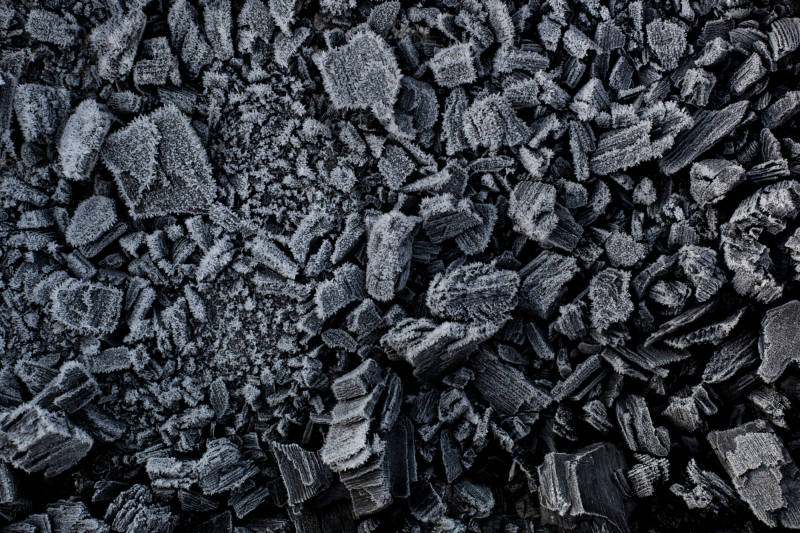The developer's assessment, performed by consultant HDR Engineering, concluded that with such measures in place, the amount of coal dust emitted as part of the port's operation would be "negligible" and would not pose any risk to public health or the environment.
But the ESA analysis flatly disagrees with HDR's conclusion because the proposed steps to limit coal dust either haven't been tried before or haven't been shown to be effective.
ESA's report also notes that coal dust could pose a threat to coal port workers and people working at or traveling through the Bay Bridge toll plaza, which is adjacent to the facility.
The planned $260 million complex, known formally as the Oakland Bulk and Oversized Terminal, would be equipped to ship a total of 9 million metric tons of loose, non-containerized cargo every year. The company developing the facility, Oakland-based Terminal Logistics Solutions, says about half of that cargo total could be coal.
The project became the subject of a dispute last year between Mayor Libby Schaaf and Tagami, whose California Capital and Investment Group is the principal backer. Schaaf accused Tagami, who in 2013 had vowed no coal would be shipped through the new facility, of going back on his word and defying the "public’s decree that we will not have coal shipped through our city."
Tagami and Terminal Logistics chief Jerry Bridges now say the only way the project pencils out financially is through the facility's ability to handle any legal cargo, including coal. The state of Utah, acting on behalf of four coal-producing counties that want to get their product to overseas markets, is set to invest $53 million in the project.
Tagami has also suggested that Oakland officials are powerless to stop coal shipments through the terminal because its contract with developers does not specifically forbid handling fossil fuels.
The ESA report released Friday is just the latest analysis to find that coal shipments through the bulk cargo facility would degrade air quality in the area and pose a significant health threat.
On Thursday, City Councilman Dan Kalb released a study that concluded the movement of coal through the West Oakland terminal "is likely to have serious and ongoing health effects and safety risks for residents, workers and others who live, work, and/or visit portions of Oakland and adjacent communities."
Kalb, one of the sponsors of the ordinance to block coal shipments, commissioned the study by Zoë Chafe, a researcher at UC Berkeley's Energy and Resources Group.
Earlier this month, a panel of researchers working in collaboration with community health advocacy group Human Impact Partners came to a similar conclusion.
Opponents of coal shipments, including the San Francisco Bay Area chapter of the Sierra Club, also object to the longer-term impact of encouraging continued use of fossil fuels.
April Thomas of the Sierra Club's Beyond Coal campaign said earlier this month that “California’s climate legacy is on the line here. We’ve worked very hard to make California a coal-free state.”

